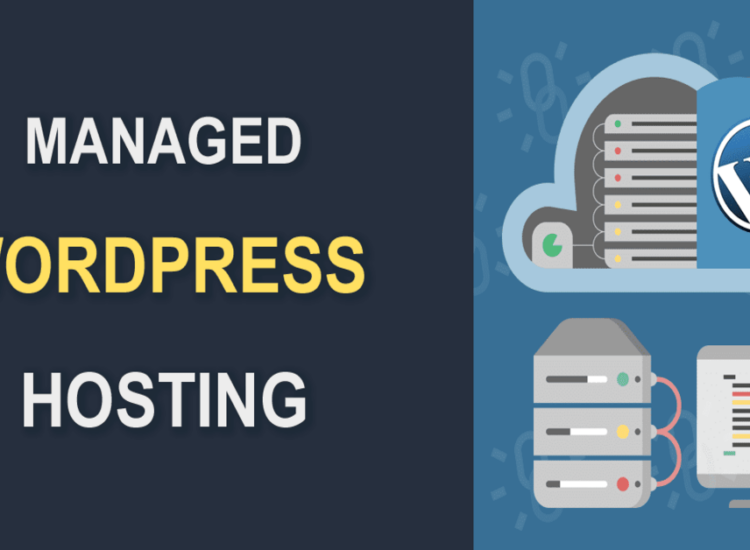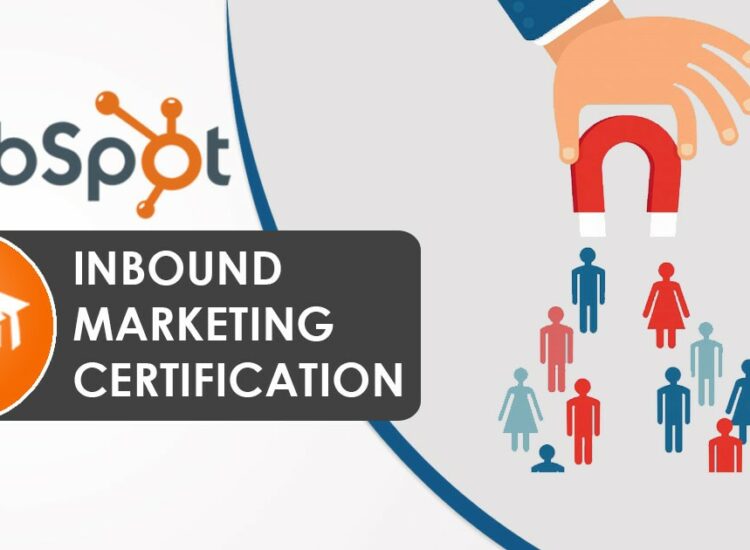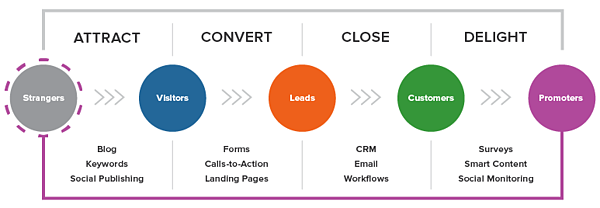The digital marketing landscape is constantly evolving, demanding a new breed of professionals equipped with specialized skills. While traditional marketing degrees may offer a foundation, a digital marketing degree provides the specific knowledge and expertise to navigate the complexities of this dynamic field. This specialized education can be the key to unlocking a competitive edge and securing lucrative career opportunities in a rapidly growing industry.
Toc
- 1. The Booming Demand for Digital Marketing Experts
- 2. Types of Digital Marketing Degrees: Find Your Perfect Fit
- 3. Related articles 01:
- 4. Choosing the Right Digital Marketing Program
- 5. Online Digital Marketing Degrees: A Flexible Path to Success
- 6. The Value of a Digital Marketing Degree
- 7. Emerging Trends Shaping the Digital Marketing Landscape
- 8. Thriving in the Digital Marketing Field: Career Paths and Opportunities
- 9. Frequently Asked Questions
- 10. Conclusion
- 11. Related articles 02:
The Booming Demand for Digital Marketing Experts
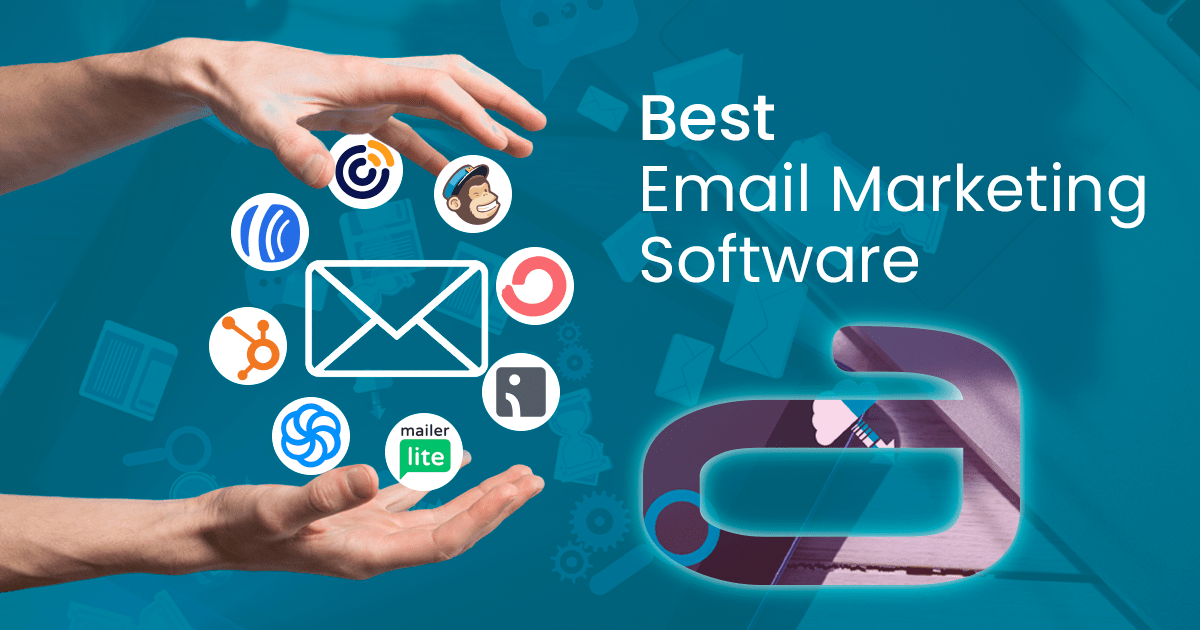
The digital marketing industry is experiencing explosive growth, with a projected 10% increase in demand over the next five years. This rapid expansion is fueled by the increasing reliance of businesses on digital channels to reach their customers, create brand awareness, and drive sales. However, many companies struggle to find qualified candidates to fill the ever-increasing demand for digital marketing specialists. A digital marketing degree can bridge this gap, providing a structured curriculum that equips individuals with the essential skills to thrive in this competitive environment.
The demand for digital marketing experts goes beyond simply filling roles; it’s about adapting to the ever-evolving landscape of consumer behavior, marked by the increasing use of multiple digital channels. Consumers are increasingly interacting with brands through various platforms, from social media to search engines to mobile apps. This necessitates a holistic approach to digital marketing, requiring professionals who can orchestrate integrated campaigns across these platforms. For example, a 2022 study by Statista found that 88% of consumers research products online before making a purchase, highlighting the importance of search engine optimization (SEO) and content marketing in today’s digital landscape.
Moreover, as companies increasingly pivot to online strategies, the need for skilled professionals who can execute effective digital campaigns has never been more urgent. From small startups to large corporations, organizations are actively seeking individuals who can harness the power of digital marketing tools and techniques to drive growth and engagement. With the right digital marketing education, you can become a leading force in this dynamic and ever-changing field.
Types of Digital Marketing Degrees: Find Your Perfect Fit
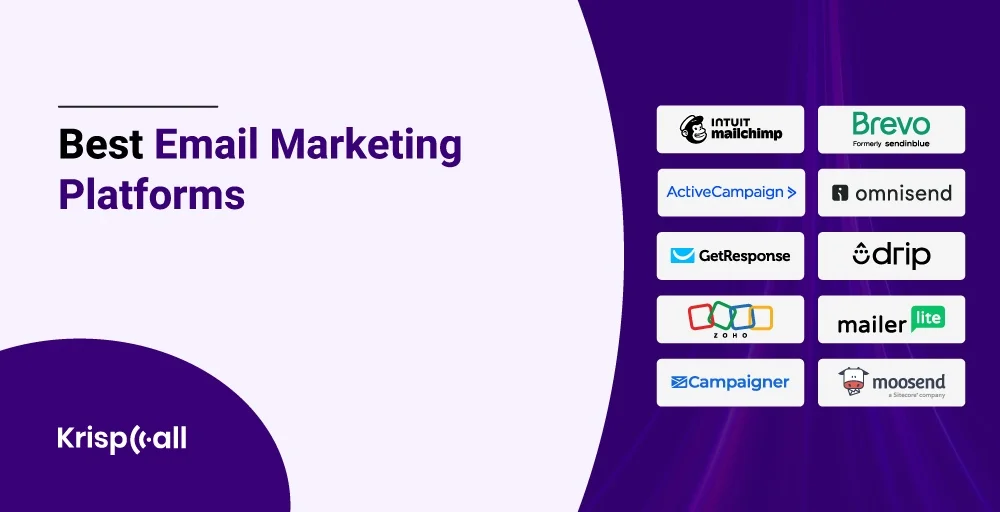
When it comes to digital marketing degrees, there are several options to consider, each catering to different career aspirations and learning preferences. Understanding the distinctions between these degrees can help you make an informed choice that aligns with your goals.
Associate’s Degree (A-A-S-) in Digital Marketing
An Associate’s degree in Digital Marketing offers a foundational understanding of the field. This program typically covers the basics of digital marketing principles, web analytics, social media management, and content creation. With a focus on practical skills, an A.A.S. degree can prepare you for entry-level positions, such as social media coordinators, digital advertising assistants, or marketing support roles.
This degree can often be completed in about two years and is an excellent starting point for those who wish to enter the workforce quickly. Many students choose to pursue an A.A.S. degree as a stepping stone to a Bachelor’s degree later on, allowing them to gain practical experience while continuing their education.
Bachelor’s Degree (B-S- or B-A-) in Digital Marketing
A Bachelor’s degree in Digital Marketing provides a more comprehensive and in-depth education. These programs delve into advanced topics, including SEO, email marketing, marketing automation, and data-driven decision-making. Graduates of a Bachelor’s program are well-equipped to take on a wide range of digital marketing roles, from content strategists and campaign managers to digital marketing analysts and brand specialists.
While traditional Bachelor’s degrees in marketing may offer foundational knowledge, specialized programs in digital marketing often incorporate a curriculum that directly addresses the rapidly evolving needs of the industry. For instance, the Digital Marketing program at XYZ University features a dedicated track in data analytics and marketing automation, equipping graduates with the skills to analyze customer data and optimize marketing campaigns for maximum efficiency.
Typically taking four years to complete, a Bachelor’s degree offers a well-rounded curriculum that combines theory with practical application. Students engage in hands-on projects and internships that prepare them for real-world challenges, making them valuable assets to potential employers.
Master’s Degree (M-S- or M-B-A- with a Digital Marketing Concentration)
For those looking to take their digital marketing expertise to the next level, a Master’s degree can be a valuable investment. These programs typically provide a more specialized and research-oriented curriculum, focusing on areas such as digital marketing strategy, consumer behavior, and advanced analytics. Graduates of a Master’s program are often prepared for leadership positions, such as digital marketing directors, chief marketing officers, or even entrepreneurial ventures.
Master’s programs usually take one to two years to complete, depending on whether you choose a full-time or part-time schedule. This advanced degree not only enhances your knowledge but also significantly boosts your credibility in the job market, making you a strong contender for high-level positions.
Choosing the Right Digital Marketing Program
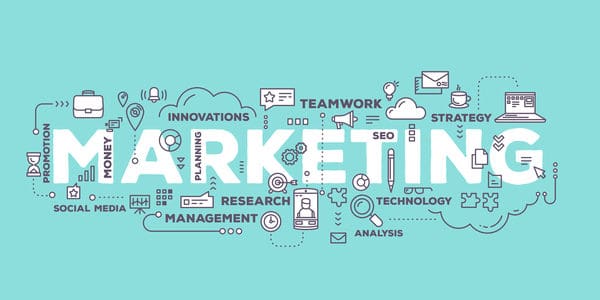
When selecting a digital marketing degree program, it’s crucial to consider several key factors to ensure you’re making an informed decision. The right program can set the foundation for a successful career in this exciting field.
Curriculum and Coursework
Look for programs that cover the most relevant and in-demand digital marketing skills, such as search engine optimization (SEO), social media marketing, content creation, data analytics, and marketing automation. A well-structured curriculum should also incorporate hands-on projects that allow you to apply your knowledge in real-world scenarios.
Faculty and Industry Experience
The quality of the instructors can significantly impact your learning experience. Seek out programs that employ faculty members with extensive practical experience in the digital marketing industry, as they can provide valuable real-world insights and guidance. Faculty with industry connections can also help facilitate internships and job placements after graduation.
Accreditation and Reputation
Accreditation is a crucial indicator of a program’s quality and industry recognition. Look for programs that are accredited by reputable organizations, such as the Accreditation Council for Business Schools and Programs (ACBSP) or the Association to Advance Collegiate Schools of Business (AACSB). A program’s reputation can also influence your job prospects after graduation, so do your research and consider rankings and reviews.
Internship and Career Services
Hands-on experience through internships can give you a significant advantage in the job market. Additionally, consider programs that offer robust career services, such as job placement assistance, resume workshops, and networking opportunities. A program that actively supports its students in finding internships and jobs can make a big difference in your career trajectory.
Program Cost and Financial Aid
Carefully evaluate the total cost of the program, including tuition, fees, and any additional expenses. Explore options for financial aid, scholarships, and payment plans to make your digital marketing degree more affordable. Many institutions offer financial assistance for qualifying students, so don’t hesitate to ask about available options.
Online Digital Marketing Degrees: A Flexible Path to Success
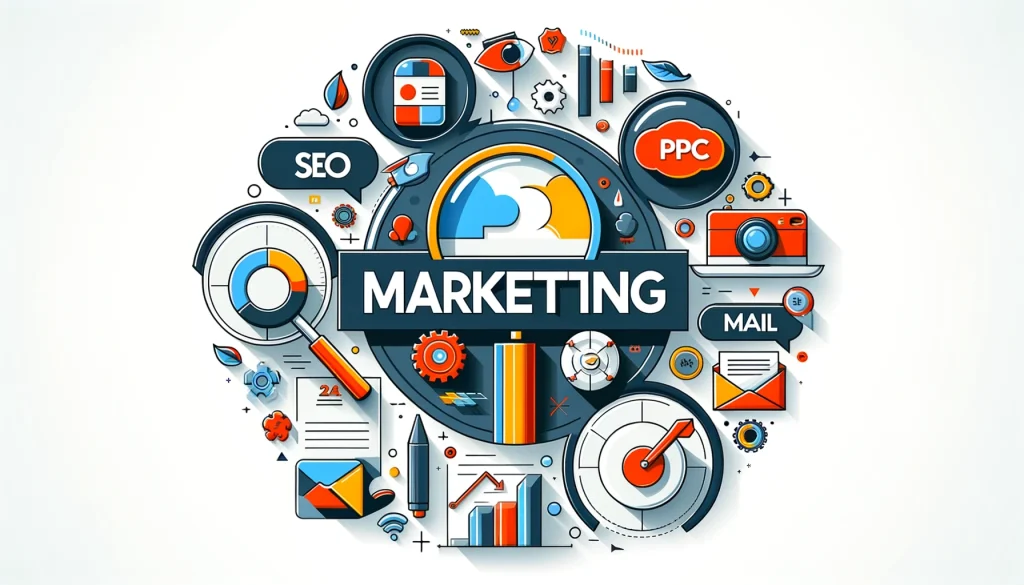
The increasing popularity of online digital marketing degrees offers a flexible and accessible option for those looking to enhance their skills and knowledge. These programs provide the same high-quality education as their on-campus counterparts, with the added benefits of flexibility, affordability, and the ability to learn at your own pace.
Online digital marketing degrees can be particularly appealing for working professionals or individuals with other commitments. The flexibility of online learning allows you to balance your studies with work or personal responsibilities. When exploring online digital marketing programs, be sure to research the curriculum, faculty expertise, and career support services to ensure you’re selecting a reputable and industry-recognized option.
Benefits of an Online Degree in Digital Marketing
- Flexibility: Online programs allow you to study from anywhere and at any time, making it easier to fit your education into a busy schedule.
- Accessibility: Many online programs offer resources and support services that are just as robust as traditional programs, ensuring you receive a quality education.
- Cost-Effectiveness: Online degrees can often be more affordable than on-campus options, saving you money on commuting and housing expenses.
- Diverse Learning Opportunities: Online courses often incorporate a mix of multimedia resources, interactive discussions, and virtual projects that enhance the learning experience.
The Value of a Digital Marketing Degree
A digital marketing degree equips you with a diverse set of skills that are highly sought after in the industry. These include:
- Search Engine Optimization (SEO): Learn how to optimize websites to rank higher in search engine results, driving organic traffic and improving visibility.
- Social Media Marketing: Master the art of engaging audiences on various social media platforms and creating effective campaigns that resonate with target demographics.
- Content Marketing: Develop skills in creating compelling content that attracts and retains customers, enhancing brand loyalty and engagement.
- Email Marketing: Understand how to craft effective email campaigns that drive conversions and maintain customer relationships.
- Web Analytics: Gain proficiency in analyzing data to measure the effectiveness of marketing campaigns, enabling data-driven decision-making.
- Paid Advertising Strategies: Learn how to create and manage paid advertising campaigns across platforms like Google Ads and social media, maximizing ROI.
- Marketing Automation: Familiarize yourself with tools and technologies that streamline marketing efforts, allowing for more personalized and efficient customer interactions.
- Data-Driven Decision Making: Develop the ability to interpret data and make informed marketing decisions that align with business objectives.
Mastering these skills will enable you to craft effective digital marketing campaigns, analyze performance data, and make informed decisions that drive tangible results for businesses.
Emerging Trends Shaping the Digital Marketing Landscape
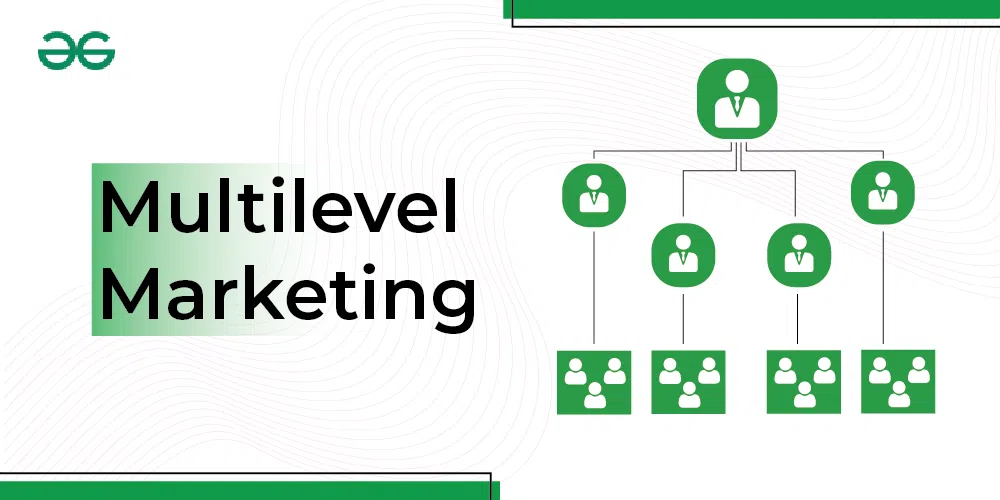
The digital marketing industry is constantly evolving, with new technologies and trends emerging at a rapid pace. Here are a few current trends that are impacting the field:
- Artificial Intelligence (AI) and Machine Learning: AI is revolutionizing digital marketing by automating tasks, personalizing customer experiences, and optimizing campaigns. For example, AI-powered chatbots are becoming increasingly prevalent in customer service, providing instant responses and personalized recommendations.
- Voice Search Optimization: As voice assistants like Amazon Alexa and Google Assistant become more popular, businesses are adapting their marketing strategies to optimize for voice search. This involves creating content that is conversational and answers user queries directly.
- Privacy and Data Security: With growing concerns about data privacy, businesses are focusing on ethical data collection and usage. Regulations like GDPR (General Data Protection Regulation) in Europe and CCPA (California Consumer Privacy Act) in the United States are shaping how companies collect and use customer data.
Thriving in the Digital Marketing Field: Career Paths and Opportunities
With a digital marketing degree, you’ll be well-positioned to pursue a wide range of career paths, including:
- SEO Specialist: Focus on optimizing websites to improve search engine rankings and increase organic traffic.
- Social Media Manager: Oversee social media strategy, content creation, and engagement efforts to build brand awareness and community.
- Content Marketer: Develop and execute content strategies that attract and engage target audiences across various channels.
- Digital Advertising Specialist: Create and manage online ad campaigns to drive traffic and conversions, analyzing performance to optimize results.
- Marketing Analyst: Use data analysis to assess marketing performance and recommend strategies for improvement.
- Digital Brand Manager: Oversee brand strategy and messaging across digital platforms, ensuring consistency and alignment with business goals.
- Email Marketing Strategist: Design and execute email campaigns that nurture leads and convert prospects into customers.
- Marketing Automation Specialist: Implement and manage marketing automation tools to enhance customer engagement and streamline processes.
These roles offer competitive salaries, opportunities for career advancement, and the chance to contribute to the success of diverse organizations across various industries. According to industry data, digital marketing professionals with formal qualifications can expect to earn up to 20% more than their counterparts without a degree.
Frequently Asked Questions
Q: Is a digital marketing degree necessary for a career in the field?
A: While a degree is not always mandatory, it can significantly enhance your competitiveness and open up more opportunities for career growth. Many employers view a digital marketing degree as a testament to your commitment, expertise, and ability to navigate the evolving digital landscape.
Q: How long does it take to earn a digital marketing degree?
A: The time commitment for a digital marketing degree can vary depending on the program type and your individual learning pace. Associate’s degrees typically take 2 years to complete, while Bachelor’s degrees can be earned in 4 years. Master’s programs are usually completed within 1-2 years.
Q: What are the job prospects for digital marketing graduates?
A: The job market for digital marketing professionals is strong and growing, with a projected industry growth of 10% over the next five years. Graduates can find a wide range of opportunities in various industries and organizations.
Q: How can I find a digital marketing internship?
A: Network with professionals in the field, search for internships on job boards, and contact companies directly. Many educational institutions also have career services that can assist you in finding internships.
Q: Are there any scholarships or financial aid available for digital marketing degrees?
A: Yes, many schools offer scholarships and financial aid options. Contact the program’s financial aid office for more information and explore available opportunities.
Conclusion
Earning a digital marketing degree is a transformative step in your career journey. By investing in this specialized education, you’ll gain the knowledge, skills, and credentials to thrive in this rapidly evolving industry. Whether you’re looking to upskill or transition into a new career path, a digital marketing degree can unlock a world of opportunities and position you for long-term success.
Take the first step towards your digital marketing aspirations by exploring the diverse degree programs available, evaluating the key factors that align with your goals, and leveraging the wealth of resources and support offered by educational institutions. With the right digital marketing degree, you can embark on an exciting and rewarding career in this dynamic field. The future of digital marketing is bright, and with the right preparation, you can be at the forefront of this exciting industry.

